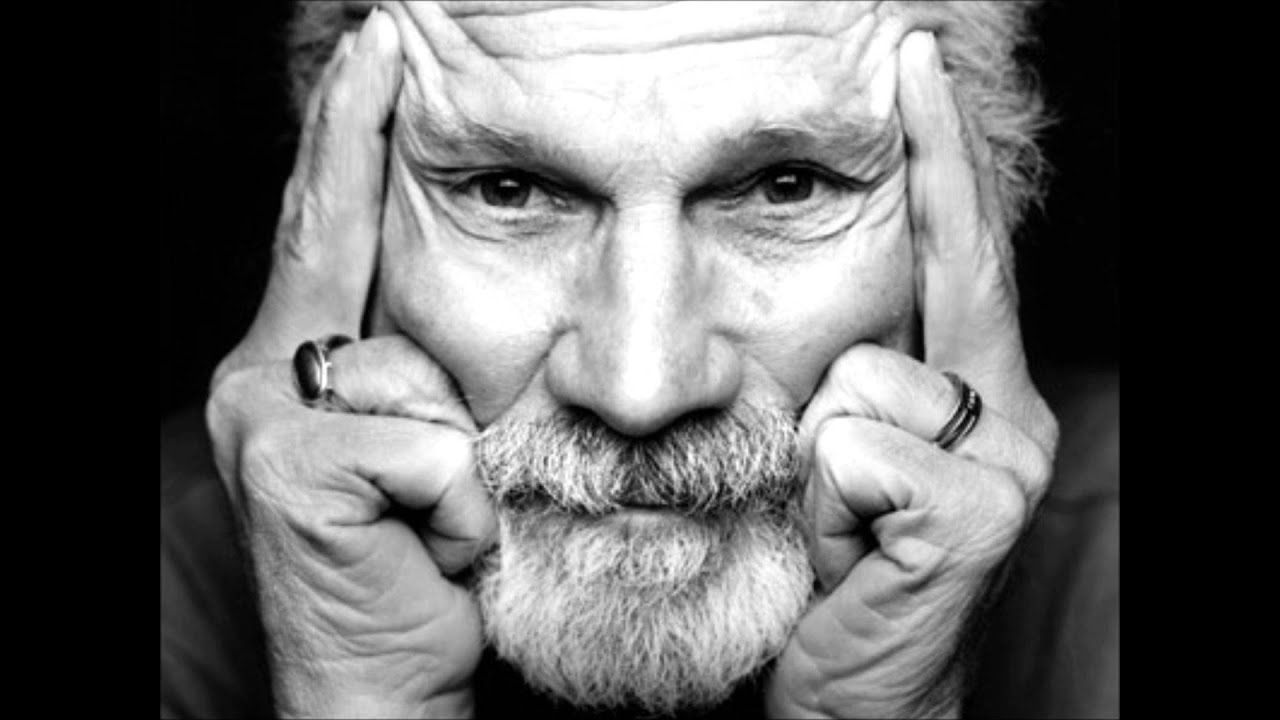
“I am not interested in what I believe. I am not even sure what I believe. I am much more interested in what the church believes.”
― Hannah’s Child: A Theologian’s Memoir
Stanley Hauerwas often insists on pointing out that the reason doctrine— that is, speaking Christian— is critical to Christians in a way that distinguishes Christianity from other religions is, simply, because Christians believe God is a person. Mary’s Maker is contained in her womb. The incarnation is a mystery not in the sense that it is unknowable; it’s a mystery that has been revealed. It’s important, therefore, for Christians to work with our words and make this mystery intelligible for to get Jesus wrong is to get God wrong. More importantly, we work with the Church’s words, because if Jesus is not who the Church has confessed him to be then, as St. Paul points out in 1 Corinthians, we are of all people most to be pitied, for not only are we still in our sins, we have committed (idolatry) the gravest of them.
With that in mind, as we round our way into the Fourth Sunday of Advent, preparing to hear Isaiah’s promise whispered into Joseph’s ear, I thought it would behoove us both to rest and wrestle with exactly what Christians claim is contained in Jesus’ other name, Emmanuel: God-with-us.
1. The Father who dispatches Gabriel is God.
2. The Son in Mary’s womb is God.
3. The Holy Spirit who alighted on the prophet Isaiah is God.
4. The Father who empties himself of power and might is not the Son.
5. The Son is not the Holy Spirit but is the fruit of the Spirit overshadowing Mary.
6. The Holy Spirit who rests on the Son in the Jordan is not the Father but is sent by the Father.
7. There is only one God.
Your head hurt yet?
Christmas, in other words, is the wonderful discovery that we couldn’t possibly have made up the God whose name is Trinity.
